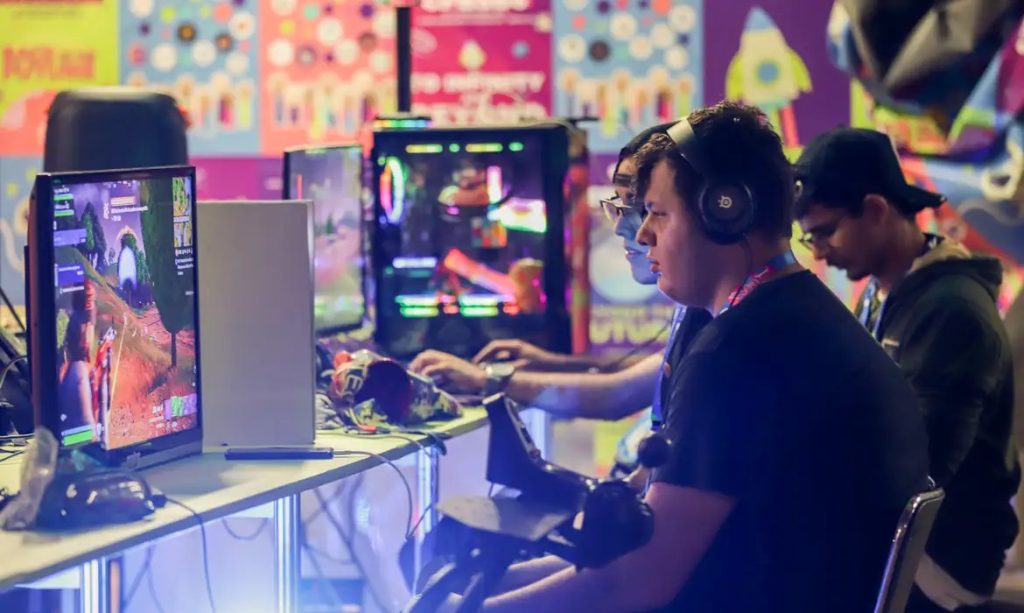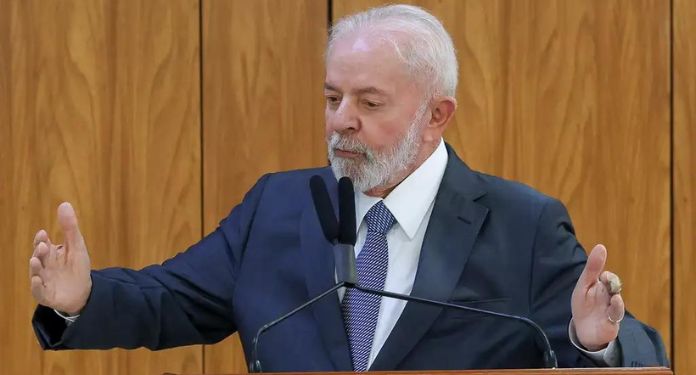President Luiz Inácio Lula da Silva sanctioned, last Friday (3), the legal framework for the electronic games industry. The so-called Legal Framework for Games regulates the manufacturing, import, commercialization, development of electronic games and their commercial use in Brazil.
According to advice from Planalt Palace, the sanction will be published in a regular edition of the Official Gazette of the Union this Monday (6).
In a post on social media, President Lula highlighted the importance of the initiative: “I sanctioned the bill that creates the legal framework for the electronic games industry.
With this, principles and guidelines will be established for the economic sustainability of the sector, including the interaction of electronic games with specific legislation in the cultural sector, tax incentives extended to the segment and guidelines for the protection of children and adolescents.”
The new legislation, approved by the National Congress last month, defines electronic games as covering software (computer programs), images generated during player interaction, video game console games and technologies such as virtual reality, augmented reality, mixed reality and reality extended or immersive, whether by download or streaming.
However, this category does not include electronic gambling, bet-type betting, online poker and others involving cash prizes.
Márcio Filho, president of the Association of Digital Game Developers of the State of Rio de Janeiro, emphasized the sector’s expectations with the sanction:
“It is estimated that, over the next three years, we will see the entry of R$ 200 million to R$ 300 million annually in private investments in the sector, the multiplication on a basis of two to three times the total volume of employees in the sector in next decade, and, therefore, the creation of opportunities that place Brazil at a more prominent level in the global production cycle.”
Protection of children and adolescents in relation to electronic games
The legal framework also aims to protect children and adolescents, establishing measures to prevent exposure to violent games or abuse.
Complaints and abuse reporting channels will guarantee the rights of this public in the digital world, through their creation. Furthermore, the purchasing tools will seek the consent of those responsible for child and adolescent users.
Additionally, the National Digital Education Policy may include electronic games as a teaching tool. In other words, being used as a learning tool in schools, in accordance with the National Common Curricular Base (BNCC).

The sanctioned bill also brings incentives to the sector’s economy, with tax reductions and measures to encourage content production. Furthermore, it regulates the activities of technology professionals involved in the development of electronic games.
Therefore, companies and professionals will receive formal recognition, with the possibility of special treatment under schemes such as Simples Nacional.




















































